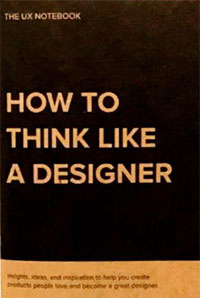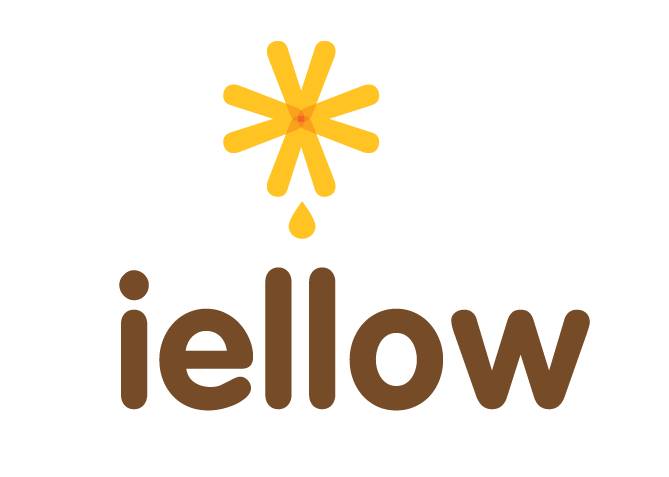-
Sarah Doody is a User Experience Designer, Product Strategist, speaker, and writer in New York City. Sarah helps new companies assess their idea, understand their customers, and design and launch their MVP. For companies with a product already in market, she helps optimise their user experience through metrics, research, and her years of product design knowledge.
In addition to consulting, Sarah created a popular weekly newsletter, The UX Notebook and writes regularly for the design community. Her writing has been featured in The New York Times, UX Magazine, InVision, and Medium. Sarah also teaches on UX and previously created the curriculum for and taught General Assembly’s first 12-week UX immersive.
When not thinking about design, Sarah is training for her next marathon or planning a trip to explore a new part of the world.
24
09:00 - 12:30
Aud. IIWorkshop
Rapid Research
Too many teams fail to validate an idea before they build it. In addition to wasting time and resources, the team becomes frustrated because after they launch the new product or feature, users don’t use it. Many teams talk about doing research, but not enough teams actually do research. One main reason for this is lack of buy in from stakeholders and executives. Another reason is because research is perceived as being expense and time consuming. In this workshop, we’ll walk through the entire research process and understand how to get buy in and how to conduct smart, effective user research.
The workshop will consist of a brief overview of why research matters so that you have excellent talking points to take back to team mates and colleagues who don’t buy into research. Then, we’ll take a deep dive into the research process as well as practice doing research on each other based on a mock project that you’ll learn about in the workshop.
Topics
- Why research matters
- Types of research
- The research process
- Planing & conducting user research interviews
- Communicating research findings to stakeholders
Exercises
- Develop a plan for doing a research project
- Conducting user interviews and usability tests
- Discuss our findings from the interviews
Take Aways
- Strategies for getting executive and stakeholder buy in for research
- Understand the types of research
- See how research fits into the whole product development process
- Research process
- Communicating research findings
Requirements
- Notebook and pen or pencil (must have)
- Smart phone or laptop (because one of the activities will involve looking at a website or app)
25
14:35 - 15:10
Auditorium ITalk
Anticipatory design & the invisible interface
Technology is inundating us with access to more information than ever before. We face decision fatigue on a daily basis and we have to consider, how is all this information benefiting our lives.
To deal with this overwhelm, we see a lot of products giving users more control. Users are given all the information and can filter and sort it to suit them best. However, this creates a lot of work for users. To minimize this burden on users, we’re seeing more products try and anticipate what users want to see and sometimes automatically make decisions on their behalf.
Anticipation and automation are becoming critical components of creating a great user experience. When used correctly they can help people find what they’re looking for and accomplish tasks with ease. However, there are draw backs to anticipation and automation — draw backs that impact not only how people gauge your product experience, but also, the quality of their lives and those around them.


























